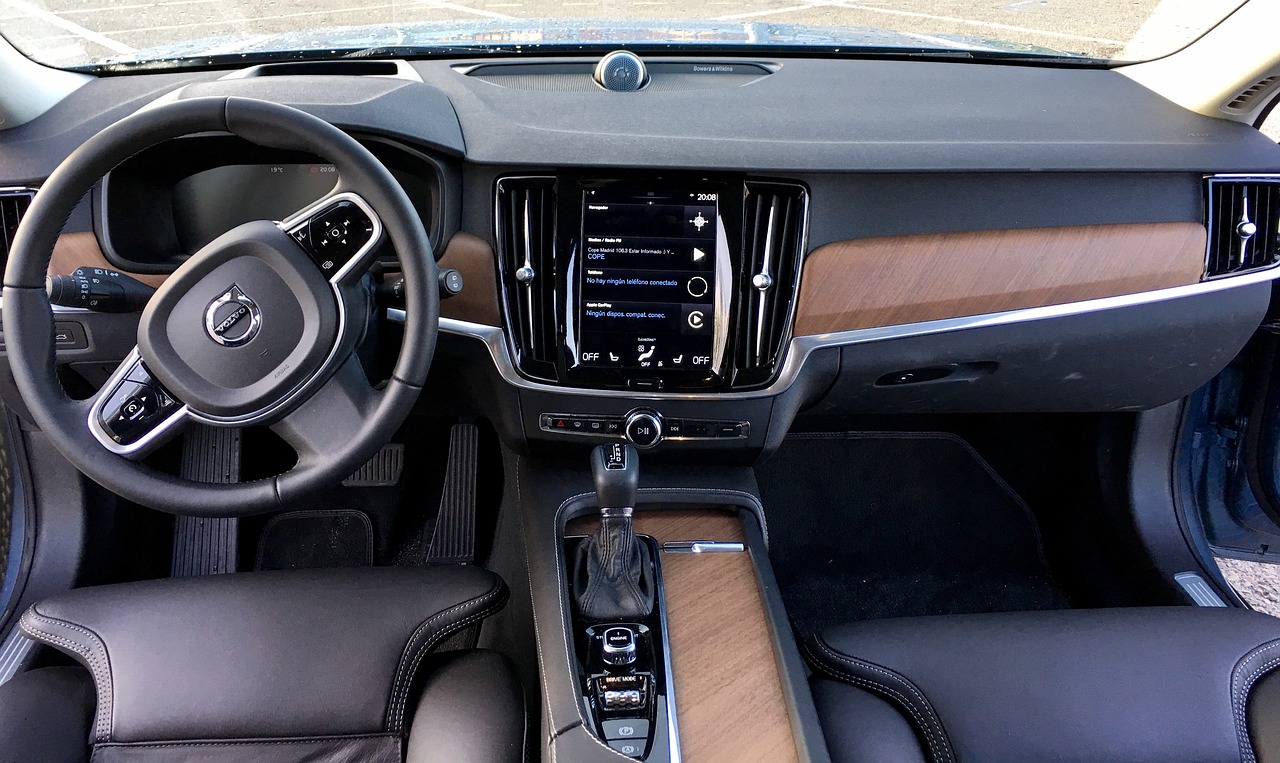The Role of Blockchain in Facilitating Peer-to-Peer Car Sharing Platforms
Blockchain technology has emerged as a powerful tool in the realm of peer-to-peer car sharing, revolutionizing the way individuals access and utilize vehicles. By enabling secure and transparent transactions without the need for intermediaries, blockchain fosters a more efficient and cost-effective sharing economy. Through the use of smart contracts, users can engage in peer-to-peer car sharing arrangements with enhanced trust and reduced risk of fraud.
Furthermore, blockchain technology facilitates the creation of a decentralized platform for car sharing, eliminating the reliance on centralized authorities and minimizing the potential for data breaches. This decentralized approach not only empowers users by giving them greater control over their data and transactions but also enhances the overall security of the car sharing ecosystem. With blockchain, participants in peer-to-peer car sharing networks can interact directly with one another, streamlining the process and creating a more seamless user experience.
Decentralized Platforms for Car Sharing
Decentralized platforms have revolutionized the way car sharing operates, offering a more efficient and secure system for users. By eliminating the need for intermediaries, these platforms enable direct transactions between car owners and renters. This not only reduces costs but also minimizes the risk of fraud and manipulation within the sharing economy.
Moreover, decentralized platforms leverage blockchain technology to create transparent and immutable records of transactions. This enhances trust among users by providing a secure and traceable way to validate ownership, rental agreements, and payment transactions. As a result, car sharing participants can have greater confidence in the reliability and credibility of the platform, leading to increased adoption and utilization of peer-to-peer car sharing services.
Enhancing Trust and Security in Car Sharing
To foster trust and ensure security within the realm of car sharing, embracing blockchain technology has emerged as a promising avenue. By leveraging the transparent and immutable nature of blockchain, users can track and verify the history of a vehicle, driver, or transaction, thereby mitigating potential risks and enhancing overall trust amongst participants. Moreover, the decentralized nature of blockchain eliminates the need for a central authority, instilling a sense of security and reducing the vulnerability to fraudulent activities within the car sharing ecosystem.
In addition to blockchain technology, the utilization of smart contracts further enhances trust and security in car sharing platforms. Smart contracts are self-executing contracts with predefined rules and conditions encoded within them, enabling automated enforcement and compliance monitoring. This not only streamlines the car sharing process but also minimizes the likelihood of disputes or breaches of agreement, thus establishing a foundation of trust and security for all parties involved.





